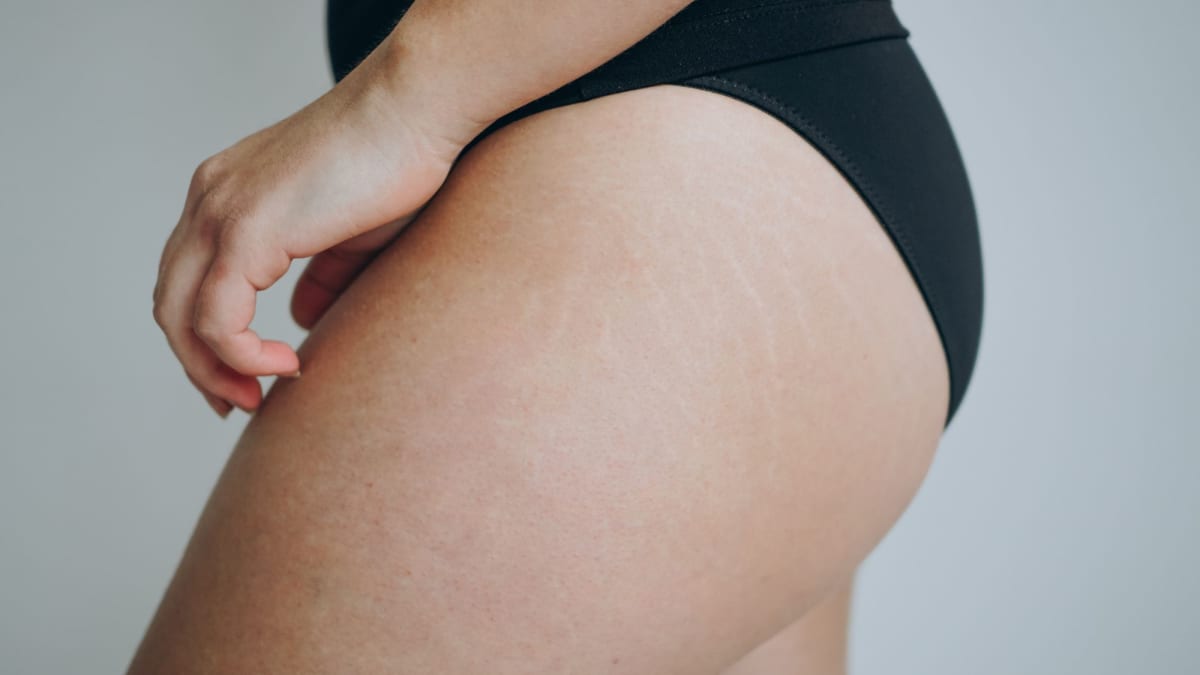Do Chemical Peels Help KP? Unraveling the Truth
As a beautician, one of the most frequent questions you might encounter is, do chemical peels help KP? Keratosis Pilaris, often abbreviated as KP, is a common skin condition characterized by rough, bumpy skin, typically on the arms, thighs, and face. It can be a source of frustration for many, leading them to seek effective treatments. In this article, we'll dive into whether chemical peels are a viable solution for KP.

Understanding Keratosis Pilaris
Before we explore the effectiveness of chemical peels, it's crucial to understand what KP is. KP occurs due to the buildup of keratin, a protein that protects the skin from infections and harmful substances. When too much keratin accumulates, it blocks the openings of hair follicles, creating small, rough bumps on the skin.
For more detailed information about KP, you can visit the WebMD's guide on KP.
What Are Chemical Peels?
Chemical peels involve applying a chemical solution to the skin, which causes the top layers to exfoliate and eventually peel off. The new skin that regenerates is usually smoother and less wrinkled. They are often used to treat fine lines, sun damage, and even certain types of acne.
Given their exfoliating properties, many wonder if chemical peels could also benefit those suffering from KP.
How Chemical Peels Might Help KP
When it comes to KP, chemical peels can potentially help by removing the dead skin cells and excess keratin that clog hair follicles. This process can result in smoother skin texture and reduced appearance of bumps. Additionally, the exfoliation can improve the absorption of moisturizers and other topical treatments, enhancing their effectiveness.
For more insights into the benefits of chemical peels for KP, check out this detailed article.
Types of Chemical Peels Suitable for KP
Glycolic Acid Peels
Glycolic acid is a type of alpha-hydroxy acid (AHA) that is often used in chemical peels. It penetrates the skin deeply and is effective in breaking down the bonds between dead skin cells, facilitating their removal. Glycolic acid peels are generally considered safe and effective for treating KP.
Lactic Acid Peels
Lactic acid, another AHA, is derived from milk and is known for its gentle exfoliating properties. It's particularly beneficial for those with sensitive skin or those new to chemical peels. Lactic acid peels can help smooth out the bumps associated with KP while providing hydration.
Salicylic Acid Peels
Salicylic acid is a beta-hydroxy acid (BHA) that is oil-soluble, making it effective in penetrating and clearing out clogged pores. While more commonly used for acne, salicylic acid peels can also be beneficial for KP, especially for those with oily skin.
Precautions and Considerations
While chemical peels can be effective for KP, they are not suitable for everyone. It's important to consider the following precautions:
- Skin Sensitivity: Some individuals may experience irritation or redness after a chemical peel. It's crucial to perform a patch test before a full application.
- Professional Guidance: For best results, chemical peels should be administered by a trained professional who can assess your skin type and condition.
- Post-Peel Care: Proper aftercare, including moisturizing and sun protection, is essential to prevent complications and achieve optimal results.
For more on the importance of post-peel care, refer to this guide on skincare routines.

FAQs About Chemical Peels and KP
Can chemical peels completely cure KP?
Chemical peels can significantly improve the appearance of KP, but they may not completely cure it. Consistent treatment and maintenance are often necessary.
How often should one get chemical peels for KP?
The frequency of chemical peels depends on the type of peel and individual skin type. Generally, a series of peels spaced a few weeks apart is recommended for optimal results.
Are there any alternative treatments for KP?
Yes, there are several alternative treatments for KP, including topical exfoliants, retinoids, and laser therapy. For more options, visit this comprehensive treatment guide.
In conclusion, while chemical peels can be an effective tool in managing KP, they should be considered as part of a broader skincare regimen. Consulting with a dermatologist or skincare professional can provide personalized advice and ensure the best outcome for your skin.

